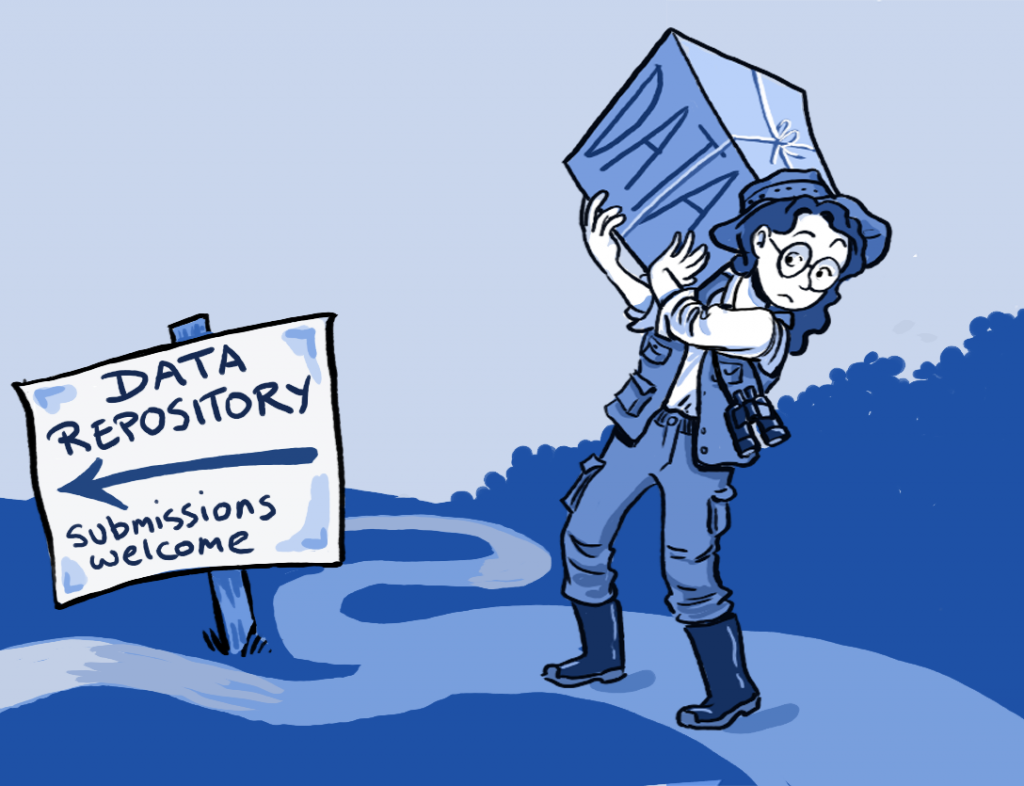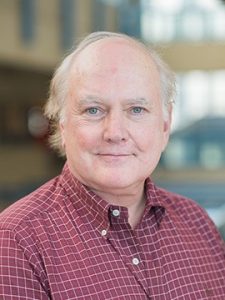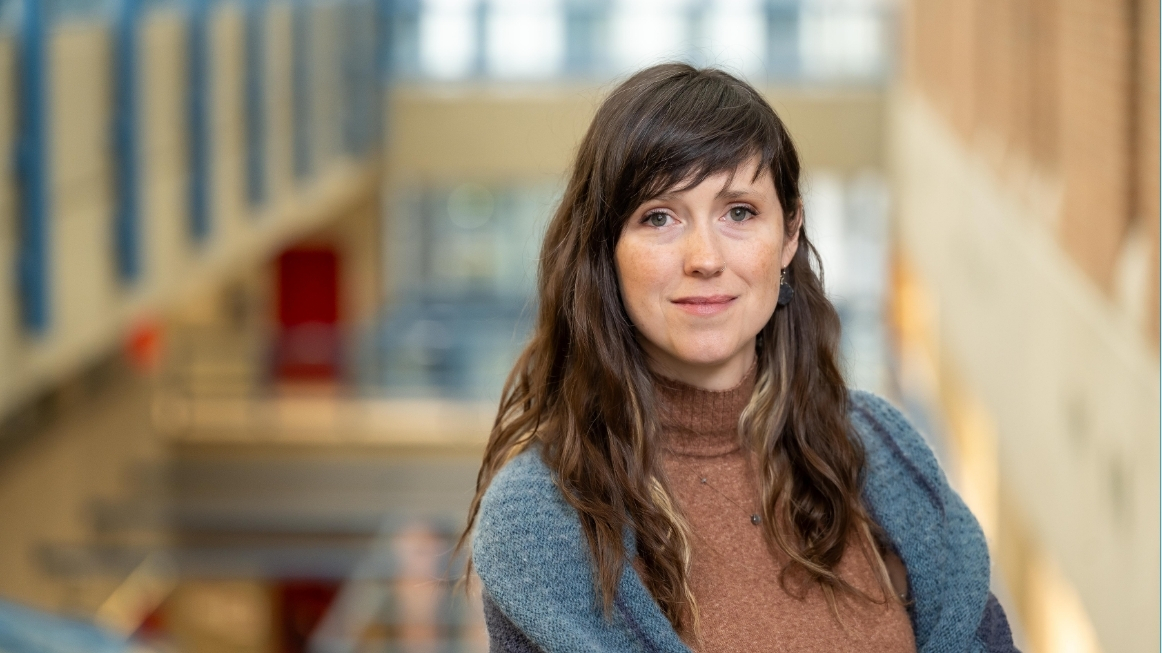

UBC Psychology Professor Eric Eich has been with the University of British Columbia since 1983. During his time at UBC, Dr. Eich has served as Psychology Department Head, was named a Distinguished University Scholar, and received the Killam Research Prize and the Knox Master Teacher award, as well as many other honours. He also served as editor-in-chief of Psychological Science from January 2012 until June 2015.
Now, he’s tackling a new challenge: addressing what he identifies as a crisis in psychology and in science at large. Openness, transparency, and reproducibility, Eich feels, are conspicuously lacking from the scientific research culture. He is not alone in this belief.


Dr. Eich
Along with an astounding thirty-eight other co-authors, Eich recently published a paper in Science entitled “Promoting an open research culture”. The paper outlines the new Transparency and Openness Promotion (TOP) Guidelines, which were created with the aim to “translate scientific norms and values into concrete actions and change the current incentive structures to guide researchers’ behaviour toward more openness”. The guidelines include standards that apply to eight different aspects of scientific research: citation, replication, design, research materials, data sharing, analytic methods, preregistration of studies, and preregistration of analysis plans.
This paper comes at the helm of a scientific revolution of sorts, one that many would say was sparked by a Psychological Science editorial article called “Business Not as Usual” that Eich wrote in January 2014, which identified key problems in the field and called for increased transparency and openness in science.
Eich says that the large number of people involved in the burgeoning open science movement has been instrumental in the reform’s success so far.
“What helps is that there’s so many people from different areas represented,” he explains. “This idea started in psychology, but now it’s going outside of it. It’s cancer research, physics, pharmaceuticals…these are all people that have a shared interest.”
Eich recalls becoming interested in open science himself some months after he began at Psychological Science, when scientists from the University of California, Berkeley and the University of Pennsylvania Wharton School of Business invited him to discuss a new paper they had written. Their study demonstrated that listening to the Beatles song “When I’m 64” instead of another piece of music caused participants to be statistically younger. Of course, this was impossible – the experimenters had simply collected a multitude of measures such as name length, toenail length, and age, and chosen the one that happened to work. This called Eich’s attention to the problem at hand.
“Their point was that selective reporting can lead you down this rabbit hole.”
There’s a problem with replication in psychology, Eich says, “but it’s even more severe when you get to cancer or medical research, where people’s lives are at stake.” For example, he says, some high-stakes cancer trials have replication success rates of only about 8%. “It’s one thing if you fail to replicate a study that appeared in a journal, but another when it has these kinds of potential influences – so it’s serious, it’s not just some academic exercise.”
At this time that this article was written, 171 journals and 43 organizations had adopted the new TOP Guidelines, and those numbers are continuing to grow. So far, says Eich, “the uptake has been astonishing.” UBC (represented by Eich) is the only Canadian academic institution on board so far, but he is confident that that will change and acknowledges that these guidelines are still very new.
Although Eich’s tenure as editor-in-chief of Psychological Science ended on June 30th, he remains a vocal supporter of the journal, which was the first of its kind to adopt any kind of open science guidelines.
Eich is emphatic about the importance of such guidelines. “It’s putting much more of an emphasis on completeness of reporting. People often were just leaving out things that you would think should be there. In psychology, it seems obvious that you would report your sample size, how you determined it, including any variables that you dropped.”
“It isn’t rocket science,” he continues, “but there was no obligation to include this data. When you get to the medical sciences as well, they have their analogous things that weren’t being asked about.”
Eich says that these reforms are absolutely necessary, because the current competitive nature of scientific research and publication encourages less-than-complete transparency and openness in reporting.
“People feel like if they want to get published in a really good journal, they have to tell a really good story, and stories have a nice beginning and end…and it’s partly self-delusional,” says Eich. “Science is good at recognizing where it has problems and that it has to tighten things up. Very few people out there actually try to cheat; it’s just that it’s so competitive.”
The TOP Guidelines will help to improve this situation, he says, as “journals will become a lot more demanding about what’s presented, and there’ll be a lot more emphasis on sharing your data. In many other areas, it’s already absolutely required.”
Eich is also a big supporter of pre-registration for studies. As editor of Psychological Science, he made pre-registration mandatory for all attempts at replication. He says that the pre-registration system is very simple to use, and hopes that more journals will begin to require submitting authors to make use of it.
As if crusading for fair play in science at large weren’t enough, Eich is now taking on yet another high-profile role: that of UBC Vice Provost and Vice-President Academic Affairs . In this position, he will oversee all academic programs at the university. A scientist at heart, Eich is excited about the research possibilities that this new job offers. “I think what we could be really good at here is doing high-quality research on teaching and making it really effective. There’s already an appetite for it, so I’d like to try and get that started.”
“There’s a huge amount of interest across campus; it’s just staggering,” he says. “Throughout the university, there are these little pockets all over the place where people are already doing things, so now the trick is just to try to get all these people together. That’d be really cool.”
-Katie Coopersmith
Related links:
“Business Not as Usual” by Dr. Eich
Center for Open Science
“Promoting an open research culture” by Nosek et al.
Psychological Science interview with Dr. Eich


